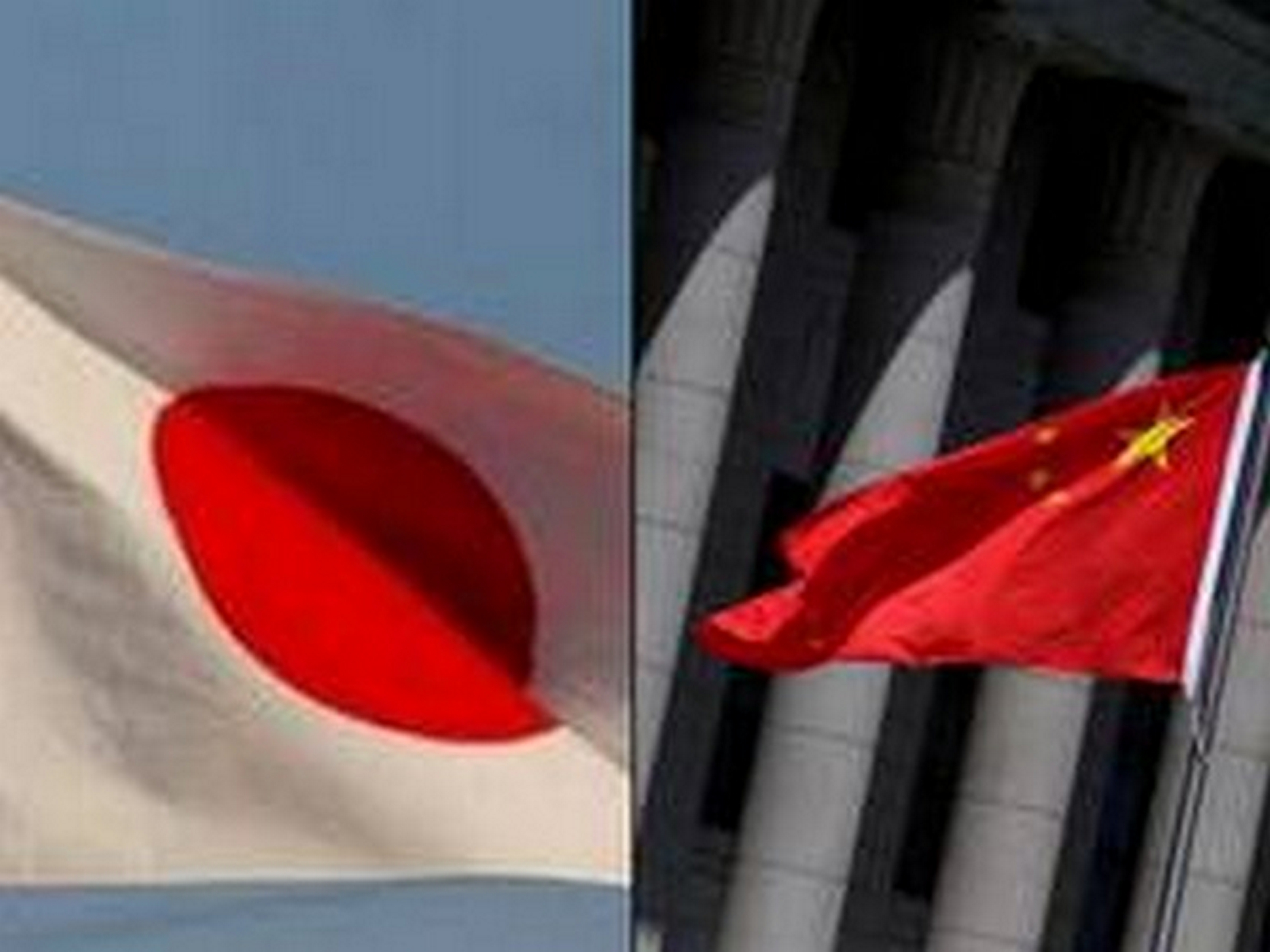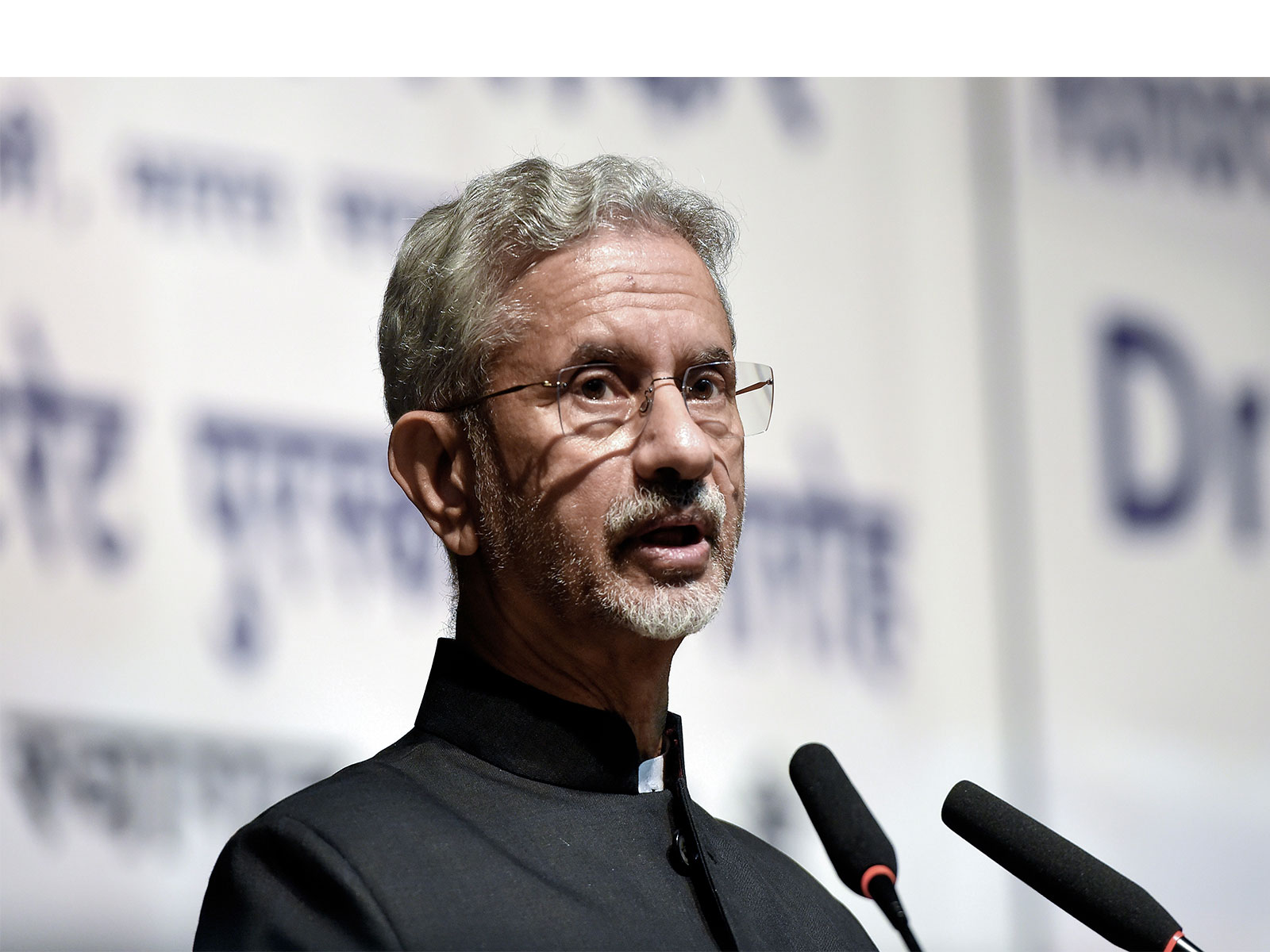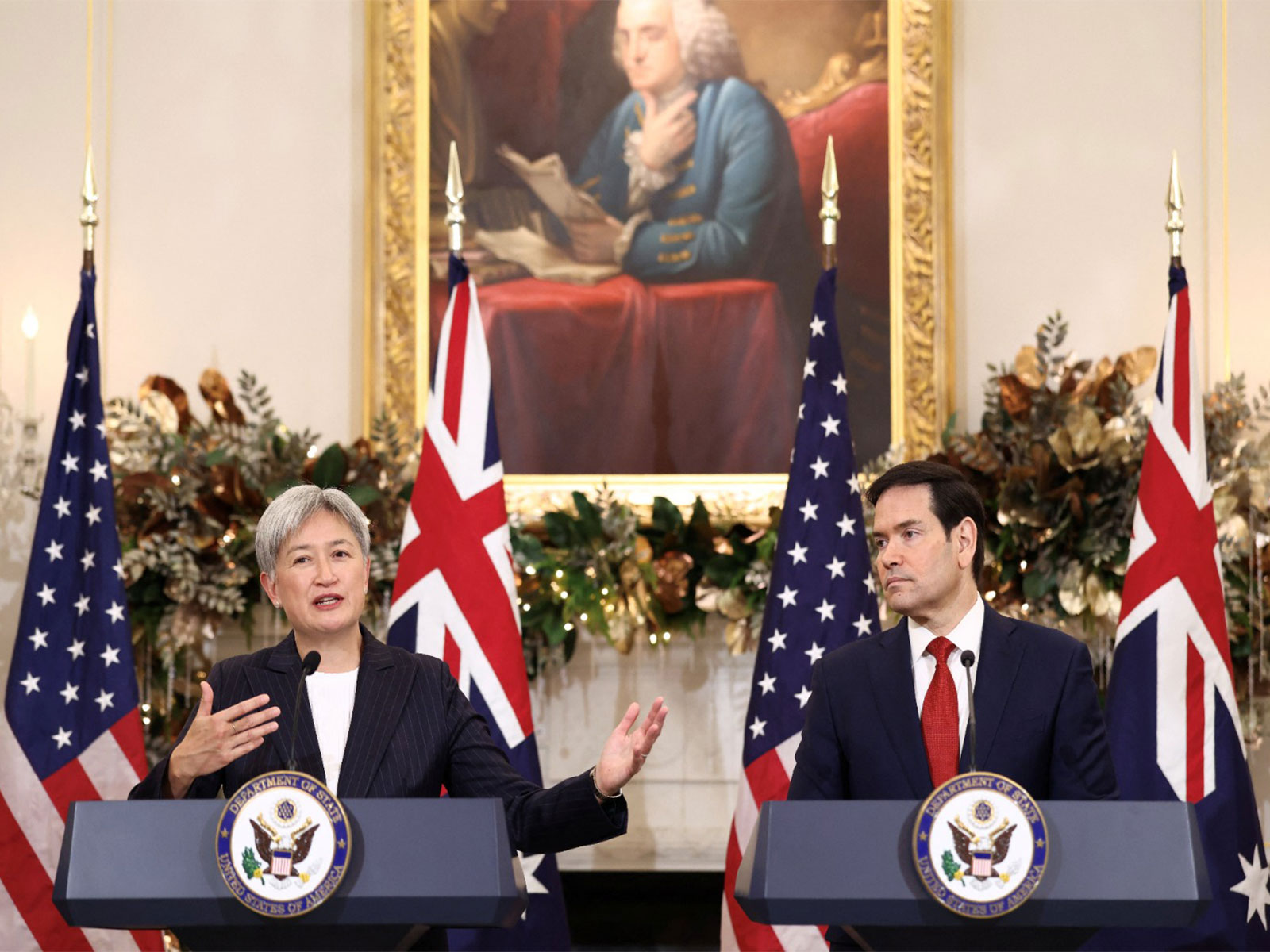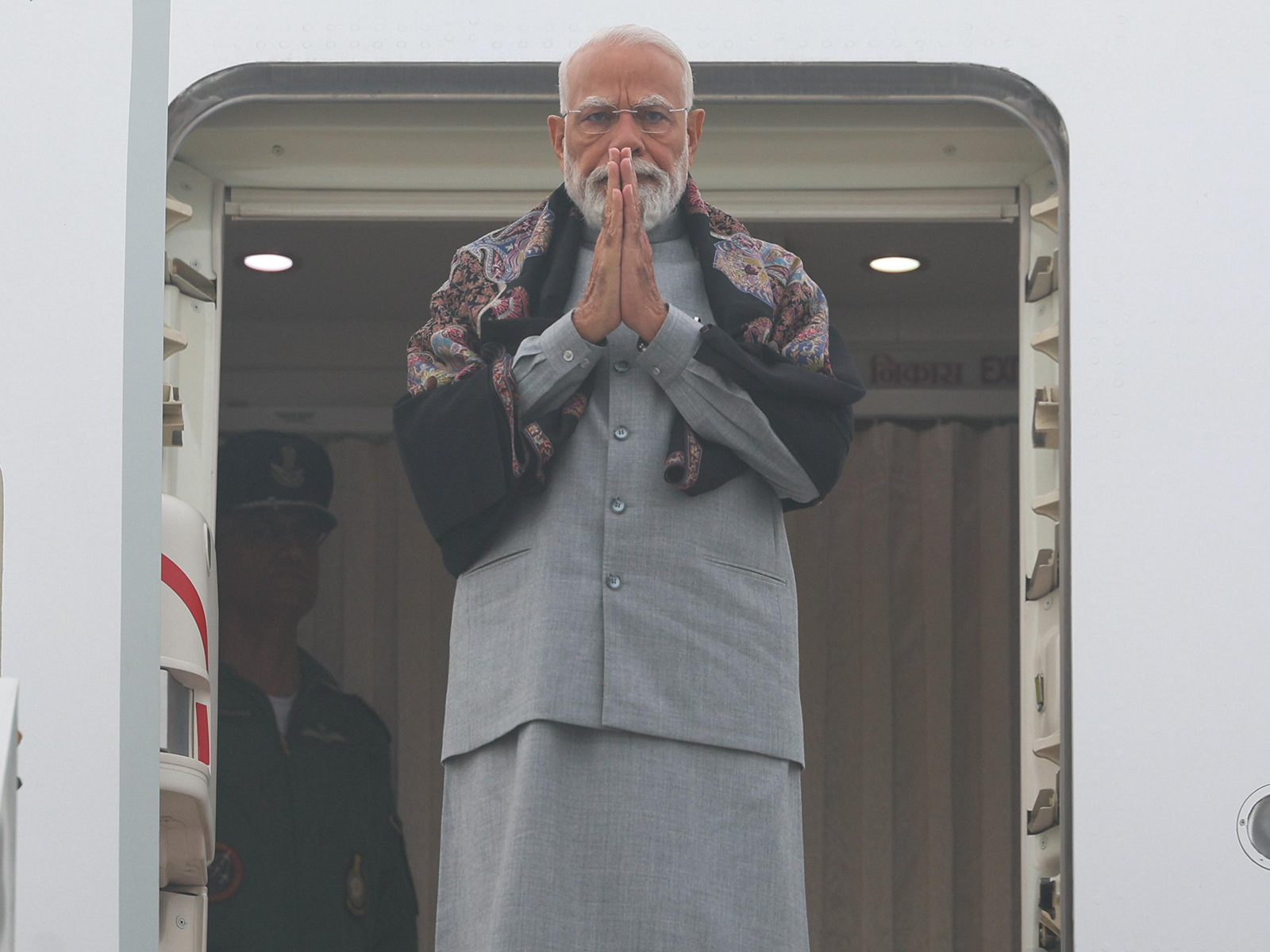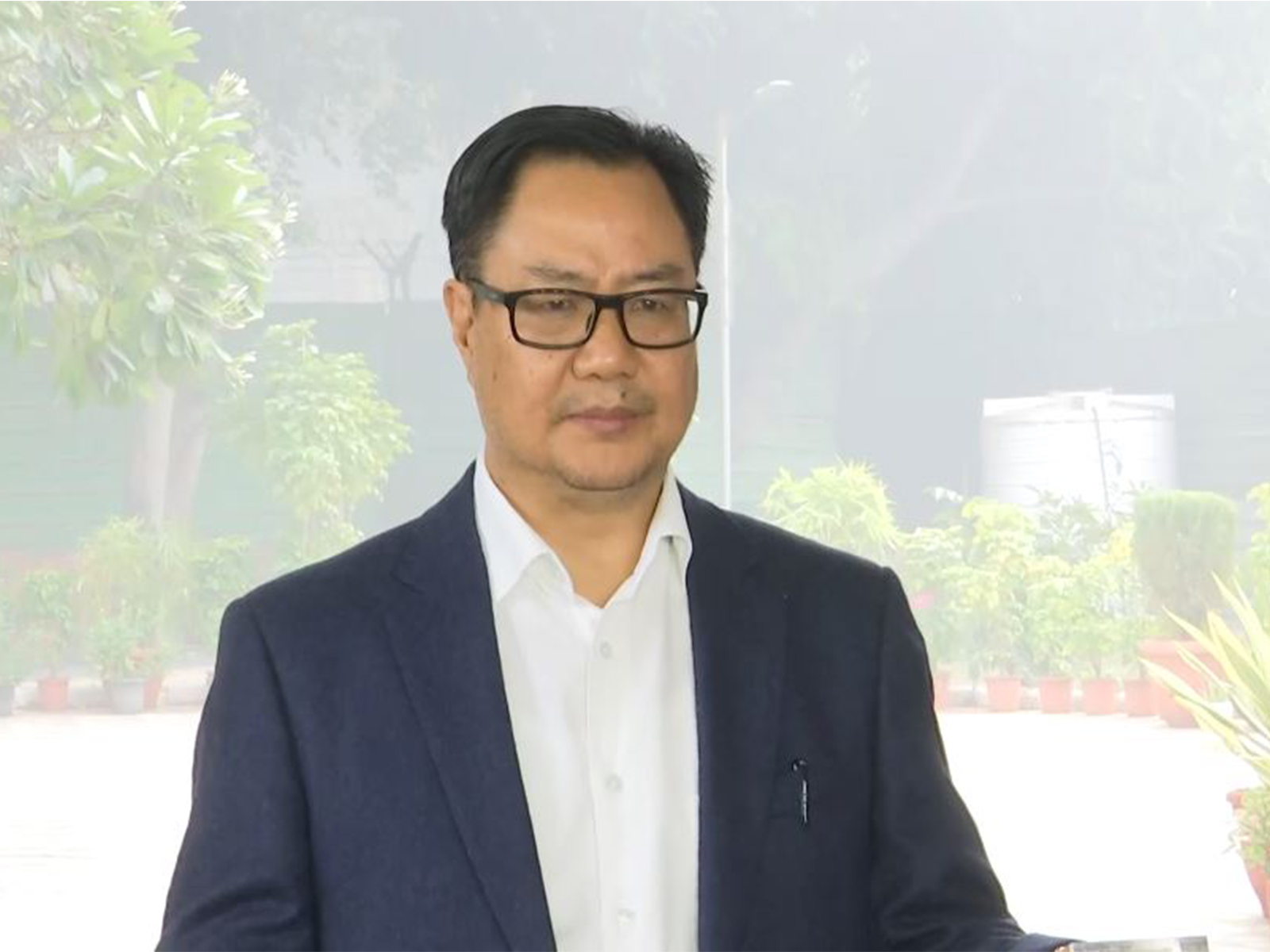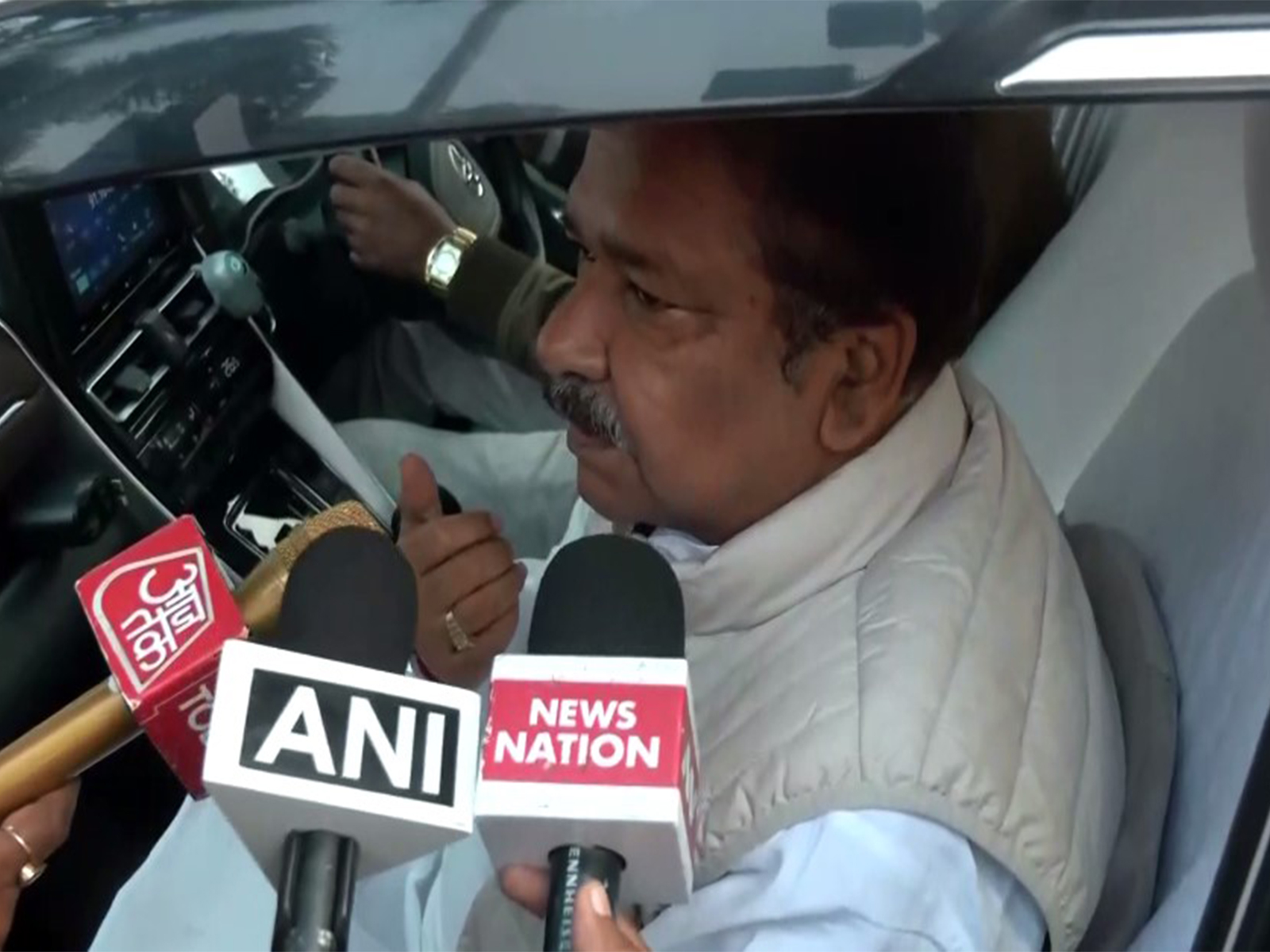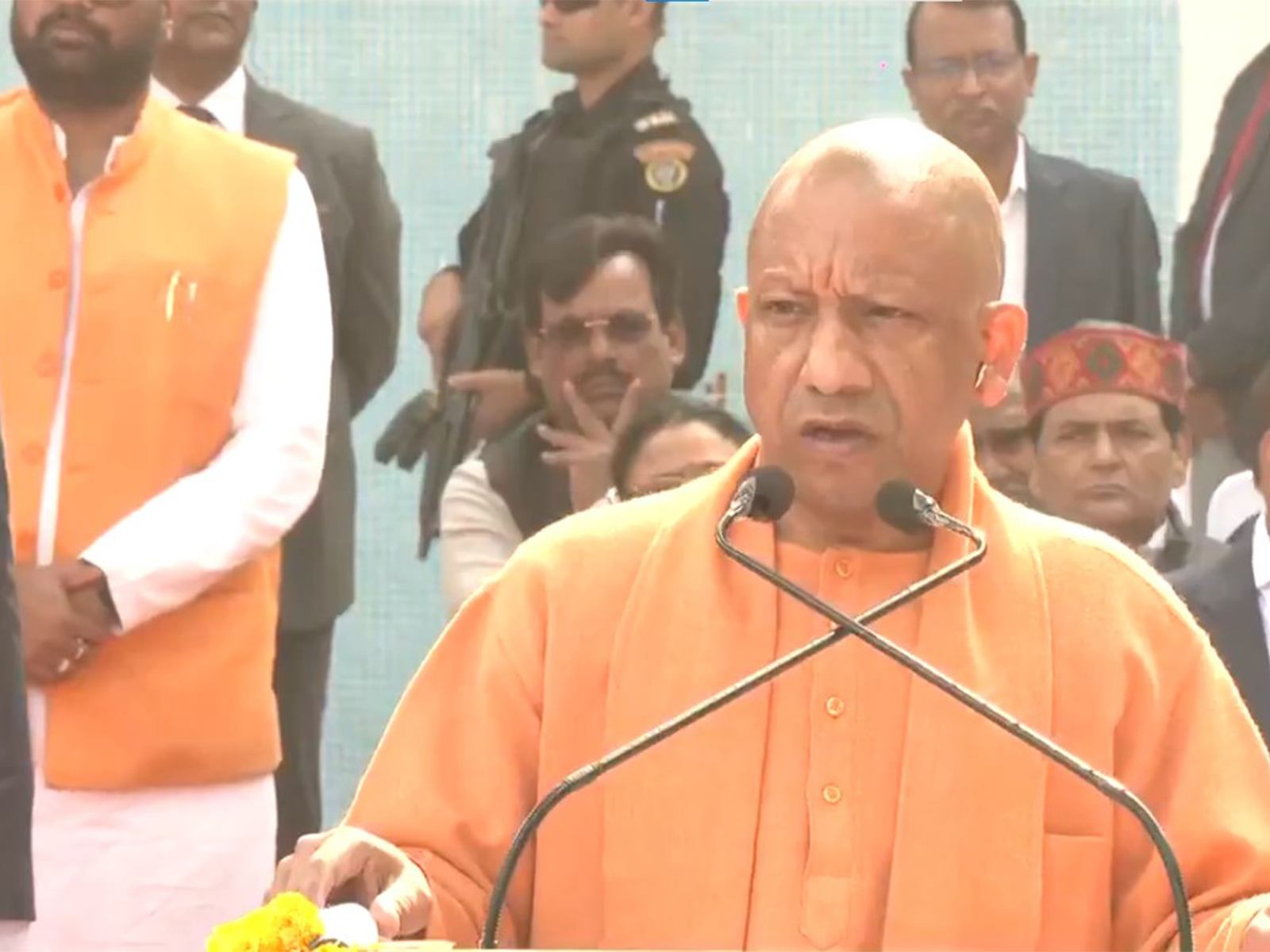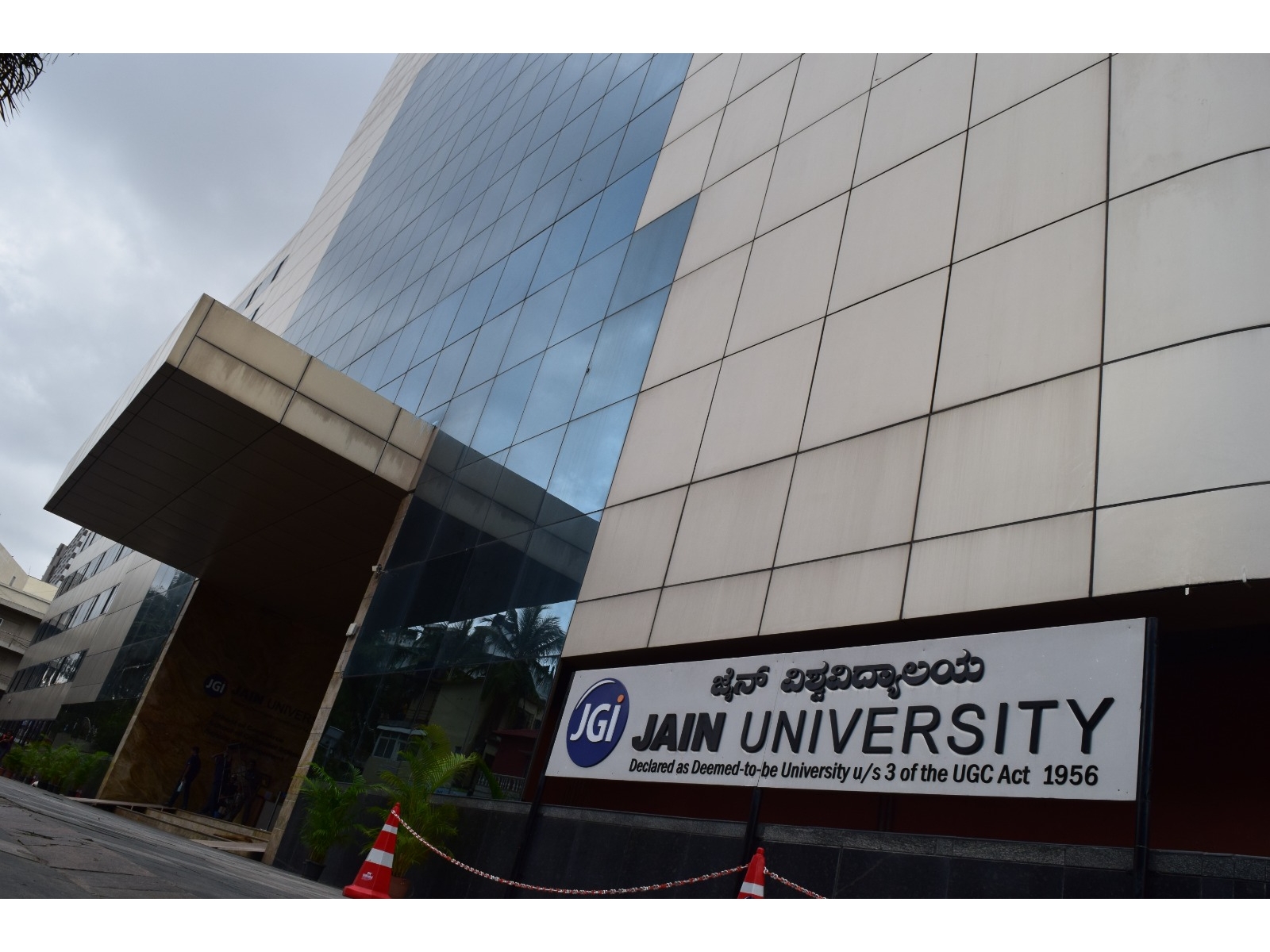PTI leader Fawad Chaudhry calls SC's verdict on Imran Khan no-trust motion 'political decision'
Jul 15, 2022

Islamabad [Pakistan], July 15 : A day after the Pakistan Supreme Court's judgement on the former National Assembly Deputy Speaker's ruling on the no-trust move against ex-Premier Imran Khan, Pakistan Tehreek-e-Insaf (PTI) leader Fawad Chaudhry called the verdict more of a "political decision".
Taking a dig at the establishment, the leader, while addressing media in Lahore on Thursday said that Supreme Court's decision was becoming more prone to and regularly taking such political decisions.
"Let political decisions be taken in the political arena," he said.
On Thursday, the Supreme Court of Pakistan issued a detailed judgement explaining the reasons behind its decision to set aside a controversial ruling by the National Assembly Speaker on April 3 that dismissed the no-confidence motion against then Prime Minister Imran Khan.
Meanwhile, the Pakistan Cabinet approved the formation of a committee which will deliberate whether treason proceedings under Article 6 should be initiated against Pakistan Tehreek-e-Insaf's top leadership, including chairman Imran Khan.
During a press conference after a post-cabinet meeting, Minister for Information Marriyum Aurangzeb said that the cabinet approved the formation of a committee under Minister for Law Azam Nazeer Tarar.
She said that the cabinet welcomed the Supreme Court's detailed judgment in a suo motu case related to the ruling by former National Assembly deputy speaker Qasim Suri on the no-confidence motion against then-Prime Minister.
According to the top court, Imran Khan had violated the constitution. Earlier also, the federal minister hinted that Imran Khan can face treason charges for abrogating the constitution of the country.
Additionally, Justice Mazahar Alam Khan Miankhel observed that President Arif Alvi, then Prime Minister Khan, then Nation Assembly speaker Asad Qaiser, ex-deputy speaker Suri, and former law minister Fawad Chaudhry had violated their authority, and left it up to the parliamentarians to decide whether their acts could be prosecuted under Article 6.
